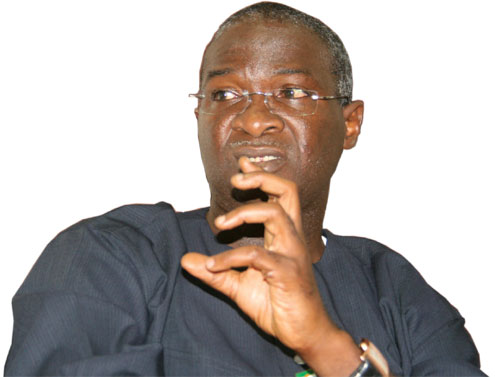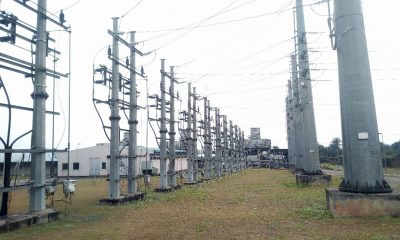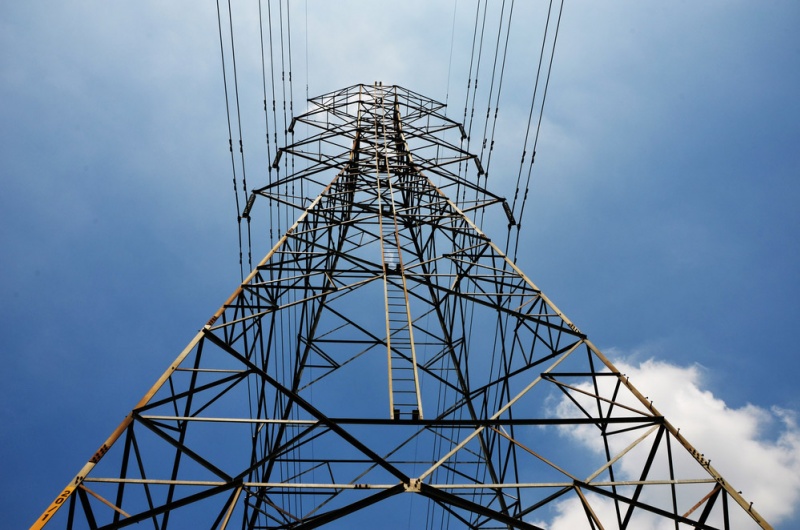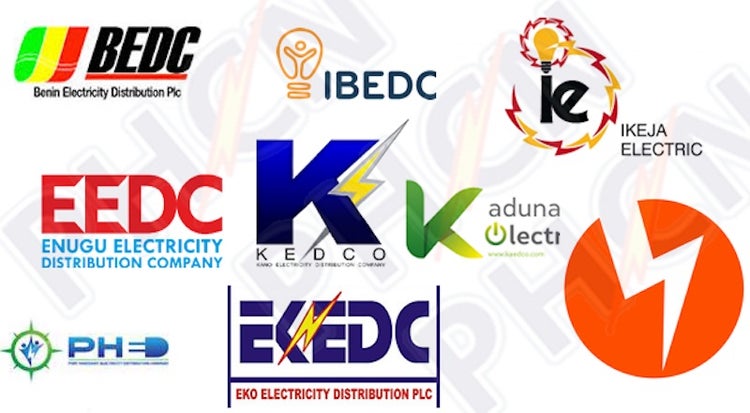Comments and Issues
Fashola, please pay attention, the devil is in the details!
Published
8 years agoon
By
Olu Emmanuel
By Sowunmi Olabode Jr
THE story is told of a Venezuelan oil magnate by the name of Raphael Tudela. His story is intriguing considering the fact that though he was a petroleum Engineer, all he had was a glass manufacturing company with no access to Venezuelan Oil.
In the mid 1960s Raphael had learnt that neighbouring Argentina was in the market for $17 Million dollars supply of Butane gas. He got on a plane and flew down. On arrival, he learnt that he was up against Shell Oil & British Petroleum. In the process of negotiations with the Argentines, he learnt something. That Argentina had an oversupply of beef nearly $11 Mil worth. So he added as extra edge. If the Argentines will give him the contract to supply $20 Mil worth of Butane, he would buy $20 Million dollars’ worth of Beef from them.
In the course of the discussions, he not only realised that Spain was a major consumer of Argentine beef but thata major shipyard was about to close down from lack of work. It was a political hot potato and a very sensitive issue for the Spanish government at the time. The proposition to the Spanish was that if you buy $20 Million dollars’ worth of Beef, I will build a $20 Million Petrol tanker in your ship yard. So excited were the Spanish that they sent an acceptance to Raphael through the Spanish Ambassador to Venezuela seeing it as an easy way to resolve the massive political issue. With his offer of meat, he made a proposition to the government of Argentina which made his offer more attractive than the offer of the two Oil giants. To complete the deal, he called up Sun Oil Company in Philadelphia and said that he would give them the contract to supply $20 Billion dollars’ worth of Butane if they will charter his Tanker (being built in Spain to transport the goods). The whole process took nine months. In made about $2 Million in profit but more importantly he now became a stakeholder in the International Oil & gas trade. It all started with an eagle eye and an attention to details.
You would recall that the Minister of Power, Works & Housing recently said that there will an increase in the electricity prices. He had been lobbied by the DISCOs. This was contrary to the advice of knowledgeable stakeholders in the industry and in particular the House of Representatives, he announced the increment in prices. It was a mixture of arrogance and ignorance. The price increases is contingent upon the inherent loses that the DISCOs claim to be making. These losses include collection, commercial & technical losses something more commonly referred to as ATC&C loses.
The crux of the technical loses is anchored on the fact that 40% or there about of the electricity being generated do not reach their destination. They are lost in transit. It is true that these loses will be paid for by someone in the industry value chain but it does not have to be one group alone. In this case, the final consumer.
There is the case of the collection loses. This is particularly nasty in cases where a NEPA agent will write off fifty thousand naira worth of electricity bill for a bribe of five thousand naira only! There are more heinous examples but what is clear is that this is an operational problem. The DISCOs need to come up with a structure that will ensure that collection loses are eliminated. It may be the automation of the process but it is important to note that they cannot just pass this cost on in a very lazy manner to the final consumer. Of course there the commercialisation of the sector. The sector needs t be made profitable even from a commercial framework. As it is today, this is not the case. The implication is that the industry does not make it profitable for investment as no one can invest in a business that cannot show profit from its structure. As a result, the banks don’t want to borrow them money. They cannot raise foreign loans and many more.
The implication of all of all of these is that there would be price increase but it will be increase after there is a solution in sight to the ATC&C loses; i.e. TECHNICAL, COLLECTION & COMMERCIAL. By rushing to increase the prices without an end game in view Fashola has displayed ignorance. Very acute ignorance of the industry. By ignoring the signals from the House of Representatives in particular he has exhibited arrogance. Subtle but dangerous arrogance. The result being that what we have is a recipe for disaster in the power sector. Fashola need to pay attention to the industry. The minister needs to pay attention to the solution offerings of the DISCOs, he needs to pay attention to the needs of the Nigerians who is on the receiving end. Fashola needs to realise that he and his team are largely new to the realities of the power sector. Fashola needs to make sure the power sector does not fail under his watch from the inability to effectively and productively interact with stakeholders. This cannot be allowed to happen because Energy is simply the most important commodity. Period!
● Olabode is an Energy Consultant
You may like


FG can’t continue to subsidize electricity — Minister of Power


Non-performing Discos to lose 50% operating expenditure —Nigerian govt


DisCos plans another electricity tariff hike in January


See how 11 DisCos shared Nigeria


We’ll ensure changes in DisCos don’t disrupt service – FG


Electricity: FCCPC wants DisCos to respect consumers’ rights
Trending

 Football5 days ago
Football5 days agoGuardiola advised to take further action against De Bruyne and Haaland after both players ‘abandoned’ crucial game

 Aviation1 week ago
Aviation1 week agoNCAA suspends three private jet operators for engaging in commercial flights

 Aviation6 days ago
Aviation6 days agoDubai international airport cancels flights as flood ravages runway, UAE

 Featured3 days ago
Featured3 days agoPolice reportedly detain Yahaya Bello’s ADC, other security details

 Comments and Issues5 days ago
Comments and Issues5 days agoNigeria’s Dropping Oil Production and the Return of Subsidy

 Education4 days ago
Education4 days agoEducation Commissioner monitors ongoing 2024 JAMB UTME in Oyo

 Business4 days ago
Business4 days agoMaida, university dons hail Ibietan’s book on cyber politics

 Education6 days ago
Education6 days agoOsun NSCDC solicits cooperation towards national assets protection

